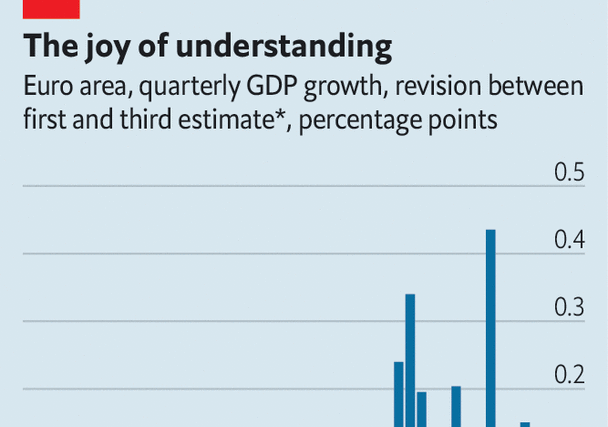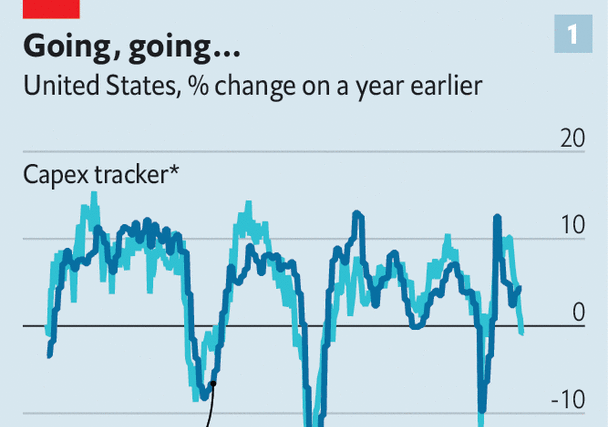Online retail has opened up a whole new world of opportunities ever since its development. Shopping online is secure, remote purchases are easy and convenient, the product selection is surprisingly wide, bargains and deals are quite common, and shipping is often fast. It’s no wonder we’re turning to online shopping so often.
But as with anything else on the internet, it can still come with some dangers. If you’re not careful, your information can be stolen and you can become a victim of fraud. While this shouldn’t discourage you from e-commerce, here are some tips you should follow to ensure you’re safely shopping online:
Look for the URL lock

Secure sockets layer (SSL) encryption is one of the most basic and important forms of protection all trusted websites have. You know that a site has an SSL certificate when its URL begins with HTTPS rather than just HTTP. A small icon in the form of a locked padlock will also appear in the address bar at the beginning of the URL or in the status bar below, depending on the browser you use. Never purchase anything online from a website that doesn’t have this SSL protection, especially if you’re using a credit card.
Be careful what you share
Online retailers don’t require too many personal details from customers. To complete a purchase, you will only need to provide your name, address, email, card information, and potentially a phone number for delivery purposes. No one will ask for data such as your birthday or Social Security number, so never divulge that. The more a criminal knows about you, the easier it will be for them to steal your identity. This is especially true when they manage to collect both your personal data and card numbers, so aim to provide as little information as possible to websites when shopping online.
Visit only trusted sites
 Although convenient, a Google search can easily lead you astray, which is why using search engines to find the products you need isn’t always recommended. Instead, it’s best to begin your online shopping process on familiar, safe, and trusted websites. There are a number of established online retailers that offer high security, from brands that opened online stores to strictly e-commerce businesses. Chances are high that you will find exactly what you’re looking for on one of these dependable websites. Just pay attention to potential misspellings or different domain extensions to avoid fraud.
Although convenient, a Google search can easily lead you astray, which is why using search engines to find the products you need isn’t always recommended. Instead, it’s best to begin your online shopping process on familiar, safe, and trusted websites. There are a number of established online retailers that offer high security, from brands that opened online stores to strictly e-commerce businesses. Chances are high that you will find exactly what you’re looking for on one of these dependable websites. Just pay attention to potential misspellings or different domain extensions to avoid fraud.
Choose strong passwords
In many cases, you will be prompted to create a profile with an online retailer before completing your purchase. When doing that, pay special attention to the password you select. This means using longer passwords (at least 8 characters) consisting of a combination of random letters and numbers that don’t represent any known words or phrases. A password like this will be more secure and tougher to crack. If you can’t remember these complicated passwords, don’t be ashamed of writing them down. Using a password manager is another simple yet effective solution for keeping track of passwords.
Never shop in public
If at all possible, it’s always recommended to do all your online shopping at home. Shopping in public can come with a number of dangers. If you have to enter your personal details and credit card numbers into a shopping website while in public, you may give a potential snooper the opportunity to steal your information. In case you have to complete a purchase in public, sit somewhere where you are protected, with your back against the wall, and use trusted websites that already have your data stored. Remember that many free and open public Wi-Fi networks aren’t entirely secure either.
Use your mobile phone
Mobile phones also present a great opportunity for shopping online. If you download an application that’s provided directly by a known retailer, you can have some peace of mind knowing it’s a valid option. Purchasing items using mobile payment solutions such as Apple Pay or Google Pay is also advised. These payment solutions tend to generate single-use authentication codes for purchases that can’t be stolen and reused, along with requiring biometric verification such as your fingerprint or face ID.
Check your bank statements
Don’t make the mistake of waiting for your bank statements to arrive at the end of each month. Instead, check your accounts regularly using online banking or your bank’s mobile app. This will give you a better insight into the activity on your cards and other accounts. In case you notice any fraudulent charges, even from trusted sources, report them immediately. The sooner you can contact your bank and notify them of any suspicious activity, the sooner they can address the matter efficiently. This way, you may not even be liable for the charges.
Online shopping is incredibly convenient, but it can come with security issues as well. Use the advice above to stay protected and ensure your online purchases are safe and legitimate.




The Most Read
Сryptocurrencies
Bitcoin and Altcoins Trading Near Make-or-Break Levels
Financial crimes
Thieves targeted crypto execs and threatened their families in wide-ranging scheme
Financial crimes
Visa Warning: Hackers Ramp Up Card Stealing Attacks At Gas Stations
News
Capitalism is having an identity crisis – but it is still the best system
Uncategorized
The 73-year-old Vietnamese refugee is responsible for bringing Sriracha to American consumers
Uncategorized
Electric Truckmaker Rivian, Backed By Amazon, Ford, Raises Whopping $1.3 Billion